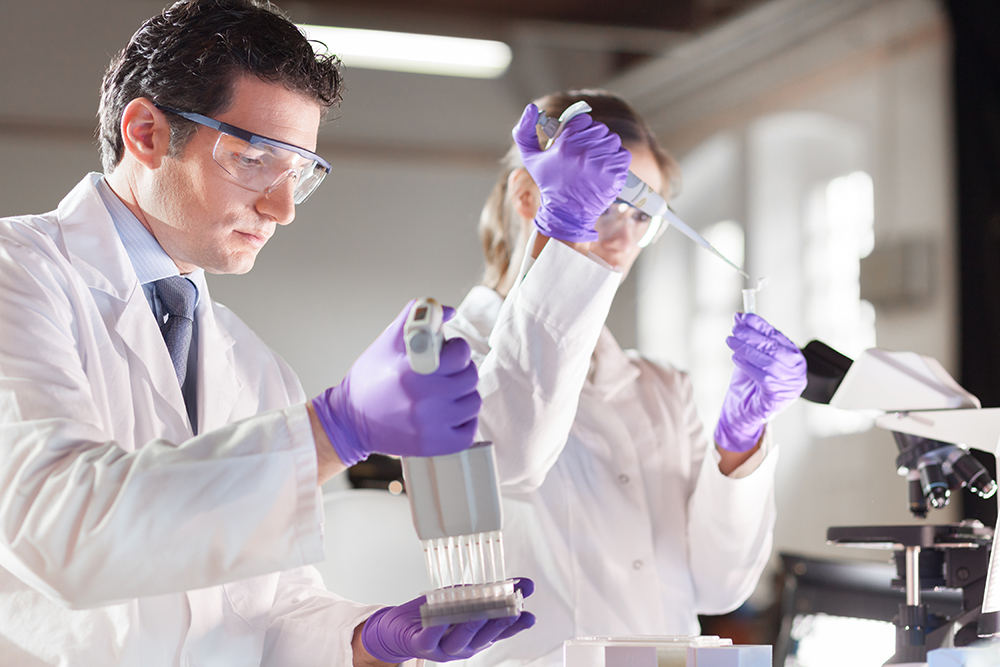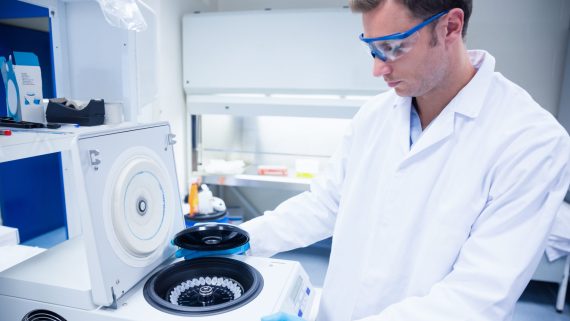The Crucial Role of Pipette Calibrations in Ensuring Laboratory Excellence
One of the paramount aspects of ensuring laboratory excellence is recognizing and addressing the critical importance of pipette calibrations. In the complex and meticulous world of scientific research, precision is non-negotiable, and pipettes serve as indispensable tools in achieving accurate and reliable results. This analysis delves into the multifaceted reasons why pipette calibrations are fundamental to the seamless operation of a laboratory, spanning from the precision of experimental outcomes to regulatory compliance and the optimization of valuable resources.
Precision in Experimental Outcomes:
At the heart of laboratory operations lies the quest for precision in experimental outcomes. Pipettes, designed for dispensing precise volumes of liquids, are pivotal in this pursuit. Calibration, the meticulous process of adjusting and verifying the accuracy of pipettes, ensures that the delivered volumes align with the intended measurements. The consequences of inaccurate pipetting can be profound, introducing systematic errors that compromise the reliability of experimental outcomes. Calibration acts as the first line of defense against such inaccuracies, setting the stage for a laboratory environment where every measurement is a testament to precision and accuracy.
Furthermore, the impact of pipette calibrations extends to the quality of generated data. Inaccurate pipetting can introduce variability, skewing experimental results and leading to flawed data. The calibration process ensures that each data point is a true reflection of the experiment, bolstering the integrity of the data and, consequently, the overall quality of the research. Single Channel pipettes, multichannel 8 pipettes, multichannel 12 pipettes, repeater pipettes, and pipette controllers are all types of pipettes that require preventative maintenance and calibration.
Data Integrity and Reproducibility:
Calibrated pipettes play a pivotal role in the broader context of data integrity and reproducibility. The reliability of experimental outcomes is not isolated but forms the bedrock for the reproducibility of experiments. Inconsistencies in pipetting can result in variations between experiments, hindering the ability to faithfully reproduce results. For laboratories engaged in multi-center studies or collaborative research, calibrated pipettes become the common standard, fostering collaboration by ensuring that methods can be faithfully replicated across different settings.
By embracing calibrated pipettes, laboratories contribute to a scientific ecosystem where the results of experiments are not only precise but also consistent and reproducible. This commitment to reproducibility enhances the credibility of the laboratory’s findings and contributes to the establishment of robust scientific knowledge.
Regulatory Compliance:
In the heavily regulated landscape of laboratory operations, adherence to standards is not just advisable; it is a legal and ethical imperative. Regulatory bodies, such as ISO 17025, often mandate the calibration of laboratory equipment, including pipettes. The consequences of non-compliance can be vast ranging.
Calibrated pipettes serve as a tangible manifestation of a laboratory’s commitment to adherence to regulatory standards. The calibration process involves meticulous documentation of the adjustments made and the verification of accuracy, providing a comprehensive record that stands as evidence of compliance during audits. This documentation not only satisfies regulatory requirements but also demonstrates a commitment to quality and precision that goes beyond the minimum standards.
Resource Optimization:
The financial and material resources invested in laboratory operations are substantial, and optimizing these resources is a perpetual goal. Inaccurate pipetting can lead to the need for expensive rework, consuming additional resources. Calibrated pipettes act as a preventative measure against errors, saving both time and materials by ensuring that experiments are conducted accurately the first time.
The cost-efficiency associated with calibrated pipettes extends beyond avoiding rework. By minimizing errors, laboratories maximize the efficiency of their operations. Time, often a critical resource in research, is saved when experiments progress seamlessly without the need for repeated trials. Additionally, the optimized use of materials contributes to overall cost-effectiveness, aligning with the broader goal of resource efficiency in laboratory management.
Enhanced Laboratory Reputation:
Beyond the tangible benefits within the laboratory, the commitment to pipette calibrations enhances the laboratory’s reputation within the scientific community and beyond. Laboratories that prioritize precision through calibrated pipettes are perceived as credible and committed to high-quality research. This commitment extends to
scientific journals, collaborators, and potential funding agencies, establishing the laboratory as a trusted contributor to the advancement of knowledge.
Scientific excellence is a hallmark of laboratories that prioritize precision, and calibrated pipettes become symbolic of this commitment. The laboratory is positioned as a center of scientific excellence, attracting talented researchers, collaborators, and funding opportunities. In a landscape where competition for resources and recognition is fierce, the laboratory’s reputation becomes a strategic asset, and calibrated pipettes play a role in shaping this reputation.
Conclusion:
In conclusion, the critical importance of pipette calibrations in laboratory operations is a multifaceted reality that extends from the precision of experimental outcomes to regulatory compliance and resource optimization. Recognizing the significance of calibrated pipettes and championing robust calibration practices is essential. It is not merely a technical process but a commitment to the highest standards of quality, accuracy, and scientific integrity. In a world where breakthroughs are often measured in microliters, the role of calibrated pipettes becomes synonymous with the pursuit of excellence in scientific research.



Comments
Comments are closed.